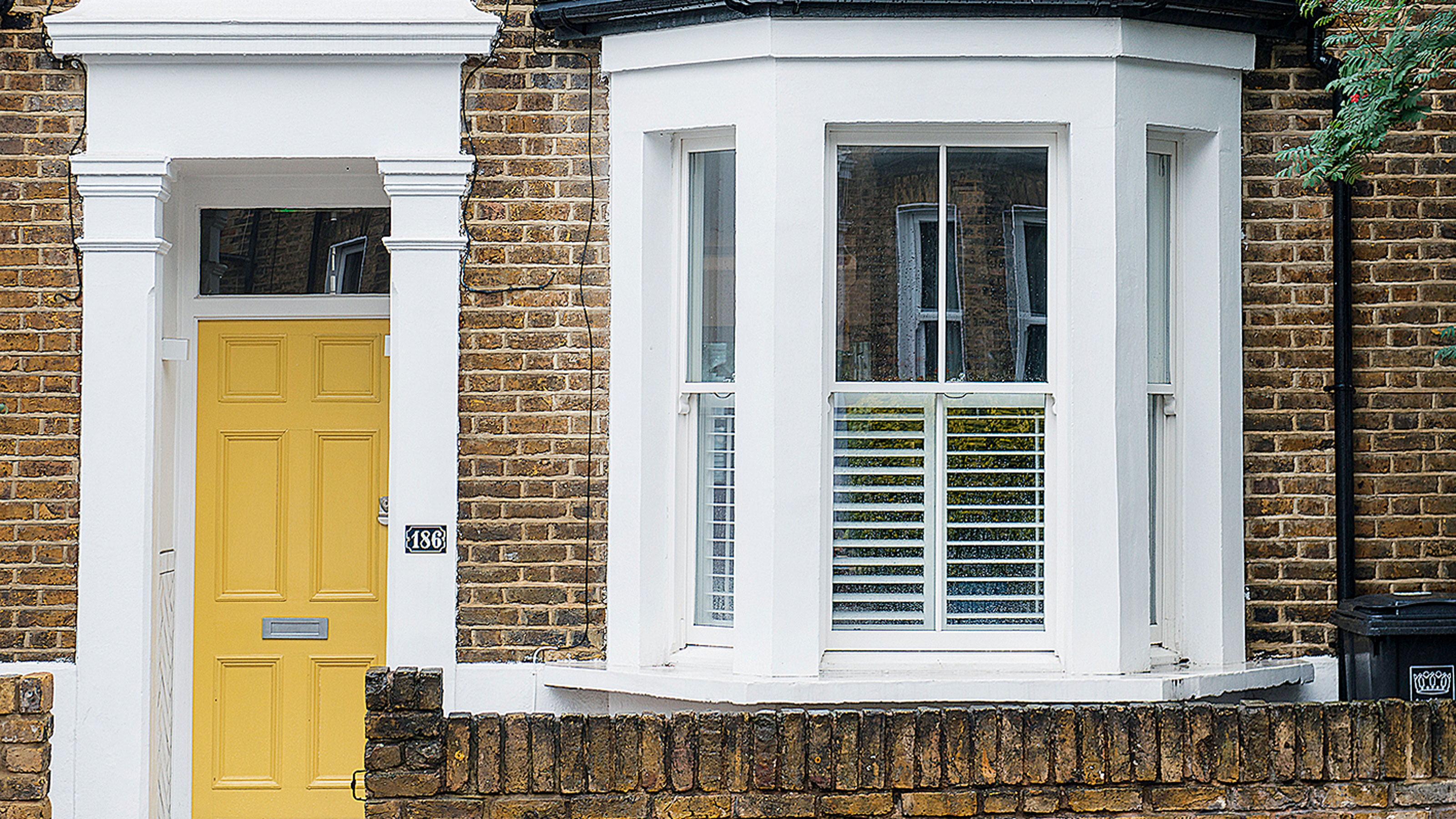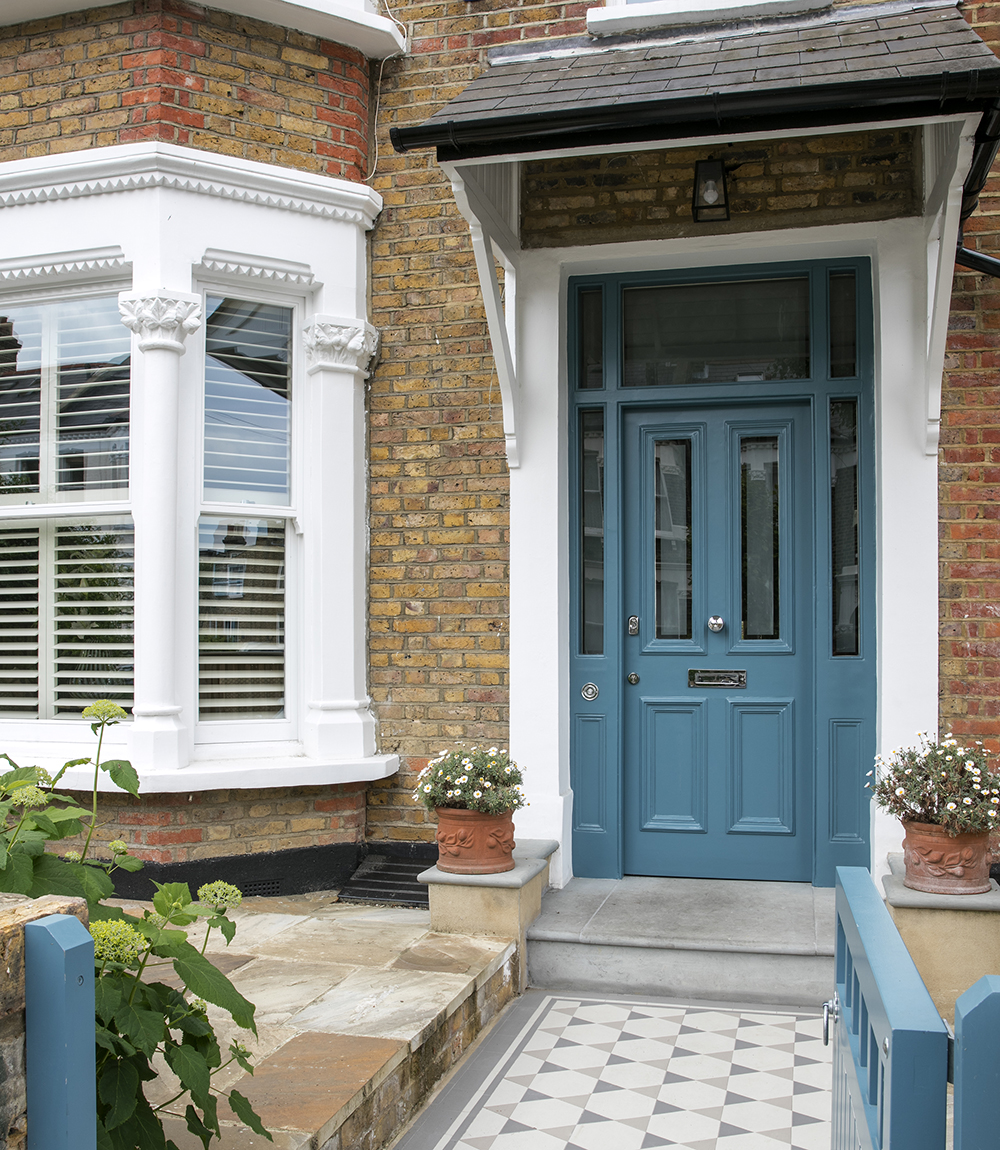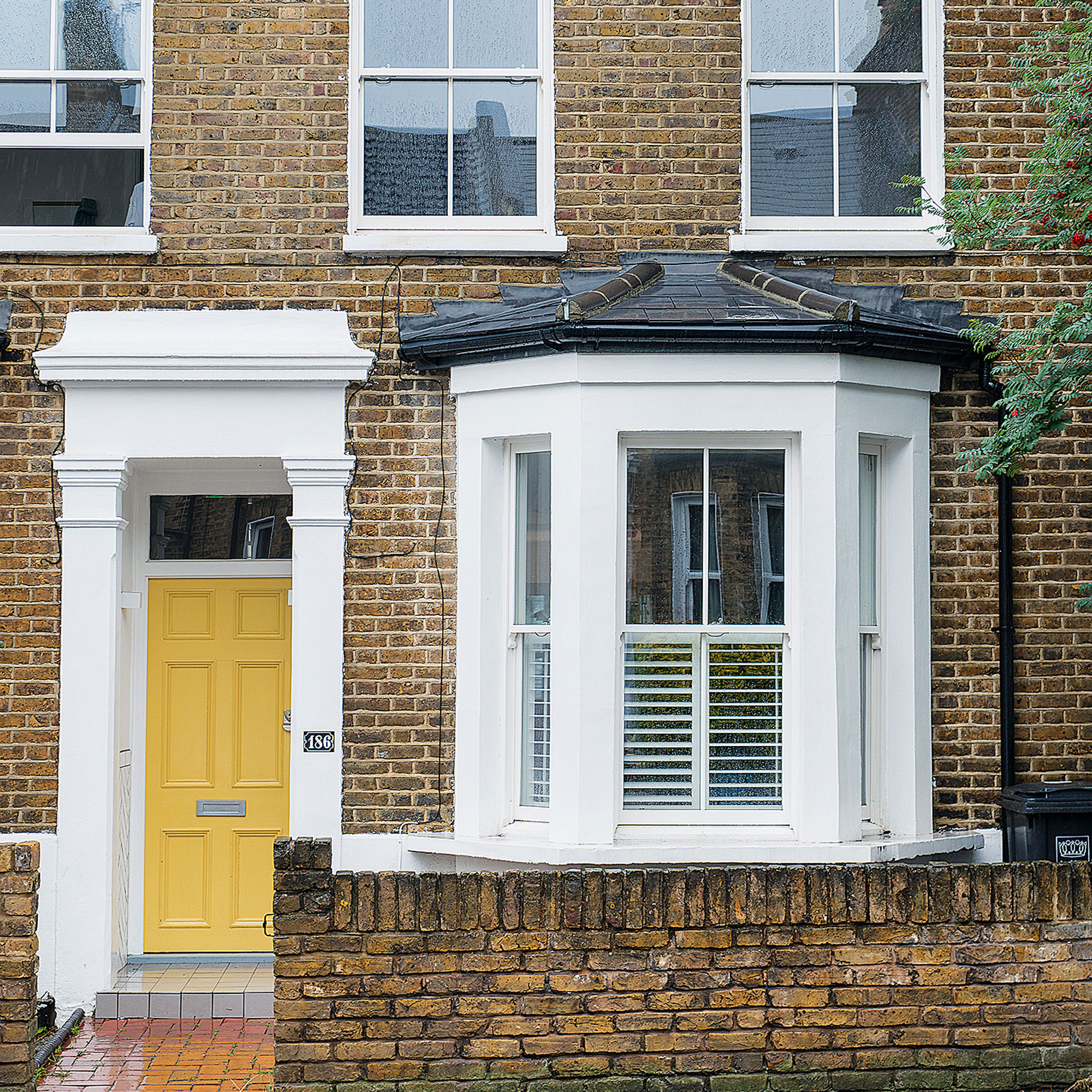Stamp duty cut – what the announcement from today's 'mini-budget' means for you
We explain what the stamp duty cut means for first-time buyers and homeowners


Chancellor Kwasi Kwarteng today revealed his plan for economic growth in a 'mini-budget'. The set of measures included a range of tax cuts, and a permanent cut in stamp duty effective from today.
Stamp duty for first-time buyers represents an additional cost on top of the property transaction, and the amount paid depends on the price of the property. We explain what the cut in the tax paid when buying a house will mean for you, whether you're a homeowner considering downsizing, or a potential first-time buyer.
Stamp duty cut
In the House of Commons, Kwasi Kwarteng said that no stamp duty will be paid on the first £250,000 of a property. For first-time buyers, the threshold will now be £425,000. Previously, no stamp duty was to be paid on the first £125,000 of the price of a property.
Before the stamp duty cut, buyers had to pay stamp duty on any property of £300,000 or more. During the pandemic, a stamp duty holiday was introduced, raising the threshold at which stamp duty is paid from £125,000 to £500,000. This sparked a rise in demand.
Kwarteng says this permanent measure, effective from today, will mean over 200,000 buyers will not have to pay for stamp duty. The Government website has a stamp duty calculator tool to help you work out how much you might pay.

Rightmove has said that raising the threshold to £250,000 means that a third of all homes currently for sale (33%) are now completely exempt from stamp duty in England (up from 7% when the threshold was £125,000). It also means that two thirds of homes (66%) are now exempt from stamp duty for first-time buyers in England.
The cut in stamp duty will cause a steady increase in demand for housing and higher prices, according to Rightmove’s property expert Tim Bannister. 'Demand has been softening over the last few months but today’s announcement is likely to stimulate some more demand.
Sign up to our newsletter for style inspiration, real homes, project and garden advice and shopping know-how
'If it does lead to a big jump in prospective buyers competing for the constrained number of properties for sale then it could lead to some unseasonal price rises over the next few months.'

However, because the change to stamp duty rules is permanent, and because of rising mortgage rates, Tim Bannister says we can expect a more gradual increase in demand compared with the spike when the temporary stamp duty holiday was announced in 2020. During the stamp duty holiday, buyers were able to save up to £15,000, but the savings are lower with this change, he explains.
At a first glance, the change in the nil-rate threshold seems to be great news for those applying for first-time buyer mortgages, particularly given the context of rising interest rates, inflation and the cost of living crisis. But Tim Bannister points out that if house prices rise further, the extra money first-time buyers have saved on stamp duty could quickly be swallowed up.
'The first-time buyer threshold change means we could see more first-time buyers who can afford it making a jump to a bigger home as their first move,' Tim Bannister adds. 'With more buyer demand we would also expect that the current trend of more properties coming to market will continue, offering more choice for buyers.'

As for those selling, Tim says it might encourage them to push on with plans, given the potential for increased demand. This, in turn, will bring much-needed stock to a currently supply-constrained market.
The stamp duty cut won't solve the problem of demand outstripping supply, but may free things up with more house moves. For instance, it could mean those looking to downsize will be more motivated to move. This could mean that the UK's housing is better allocated, with younger families living in family houses and older couples with adult children who have moved out moving into smaller properties.
The announcement comes at a time when many are worried about their finances, with energy prices high due to the rise in the energy price cap, and inflation reaching 9.9%. For more details, head to the Government website.
Will the stamp duty cut be immediate?
Yes, the stamp duty cut will be effective from today, September 23rd.
Interest rates
Interest rates have risen by 0.5%, to 2.25%, which is the highest since 2008, and 49% of Ideal Home readers said they are very worried about interest rates rising. The rise in interest rates is expected to cause the housing market to slow down.

Millie Hurst was Senior Content Editor at Ideal Home from 2020-2022, and is now Section Editor at Homes & Gardens. Before stepping into the world of interiors, she worked as a Senior SEO Editor for News UK in both London and New York. You can usually find her looking up trending terms and finding real-life budget makeovers our readers love. Millie came up with the website's daily dupes article which gives readers ways to curate a stylish home for less.